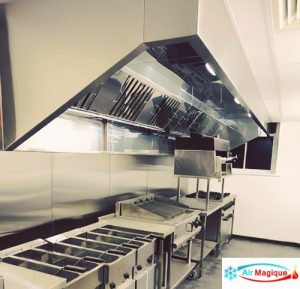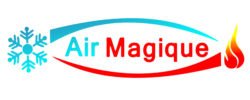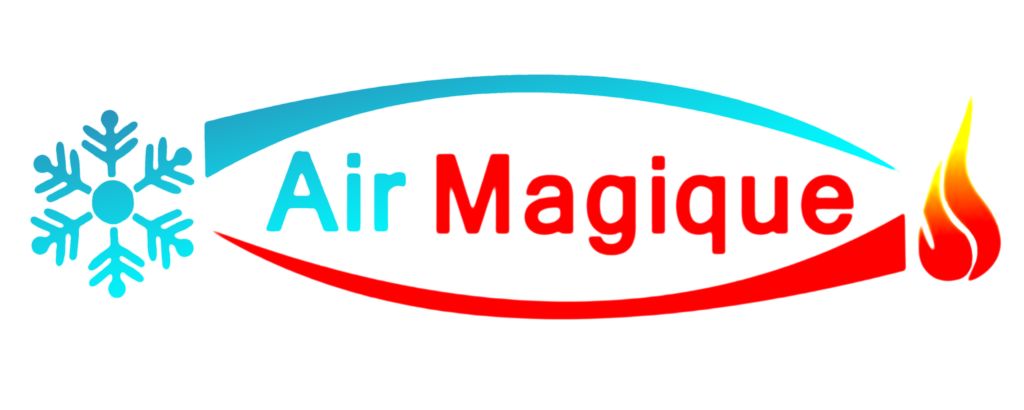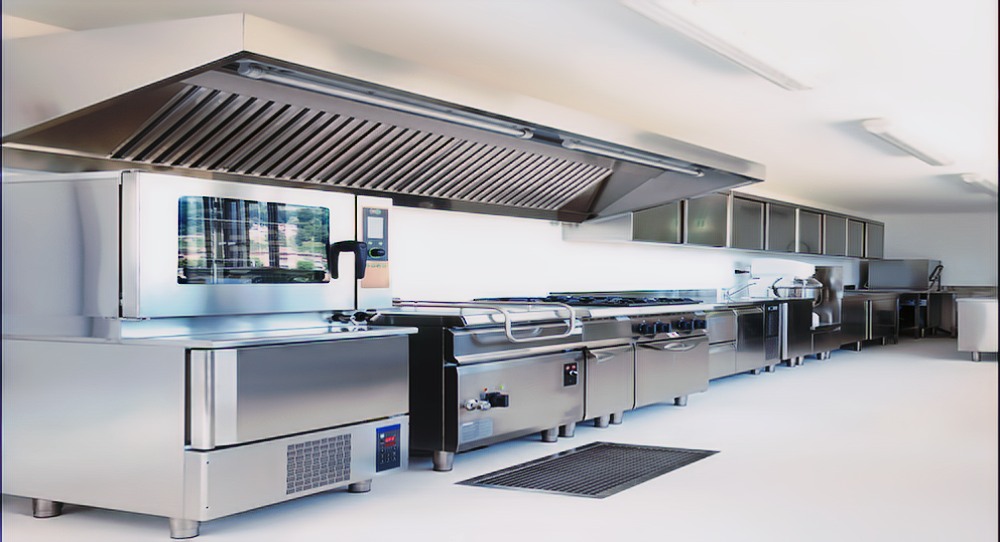In order to offer consumers optimal food safety and quality, all restaurant establishments must observe very specific standards of hygiene. These regulations, which are aimed at maintaining maximum sanitation and preventing any type of contamination, apply equally to kitchens in restaurants, senior residences, schools, childcare centers and hospital cafeterias.
In Canada, restaurant establishments are required to be equipped with an oven and commercial range hoods to vent grease and cooking gas (in the case of gas stoves, gas ovens and other similar equipment), as well as the heat and steam produced by the dishwasher.
Maintaining your range hood to guarantee safety and quality
When it comes to maintenance regulations, these vary according to the type of equipment and the way it’s utilized. Therefore, the schedule and the procedures employed in cleaning and disinfecting your hood must be tailored to its configuration and use. Obviously, it’s essential to scrupulously observe the recommended frequency for cleaning your hood. Assiduous commercial range hood maintenance will limit odors, steam and grease, while reducing the risk of fire and the propagation of bacteria, mold and mildew, which flourish in moist environments, like the area around your dishwasher. In other words, food safety basically depends on the cleanliness and proper maintenance of the equipment that is used.
What are the requirements for cleaning and disinfecting commercial range hoods?
Health and safety standards for food service establishments require you to clean the entire hood assembly regularly. All manufacturers recommend cleaning the filters and the exterior of these hoods at least once a week in order for them to operate at maximum efficiency. Although the filters are often neglected, proper cleaning, disinfection and maintenance is essential. Like any other material, they’re subject to wear and tear, so eventually, they’ll have to be replaced. It goes without saying that, when it comes to choosing replacement filters, these must comply with current fire prevention standards, as well as all health and safety regulations that apply to your line of business.
There are a number of other aspects that need to be checked regularly, and certain components, such as fuses and fire sprinkler heads, will have to be replaced periodically.
Here are a few guidelines regarding how often you should inspect and maintain your commercial oven and range hoods:
Inspection and maintenance are required on a monthly basis for all cooking operations involving solid fuels (for example, cooking centers with a lava stone grill).
Inspection and maintenance are required on a quarterly basis for all high-volume cooking operations (24-hour kitchens, cooking on a grill or wok), for example, in hospitals or long-term care facilities.
Inspection and maintenance are required on a semi-annual basis for all moderate cooking operations (for example, those that take place once or twice a week).
Inspection and maintenance are required on an annual basis for all limited cooking operations (for example, summer camps, seasonal businesses and senior recreation centers).

Contact an expert for all your oven and range hood cleaning needs
If you want to do your part to ensure the proper maintenance of your commercial range hood, it’s highly recommended that you call on the services of specialists, who will safely perform all the necessary maintenance or repair on your equipment. For the mentioned services and the ones like commercial refrigerator repair, call Air Magique!
Source: https://apventilation.ca/en/safety-standards-for-commercial-range-hoods/


